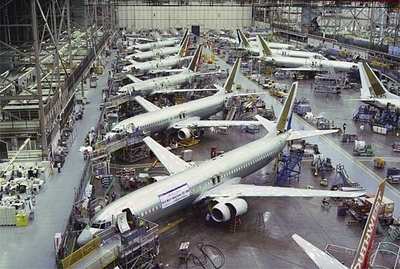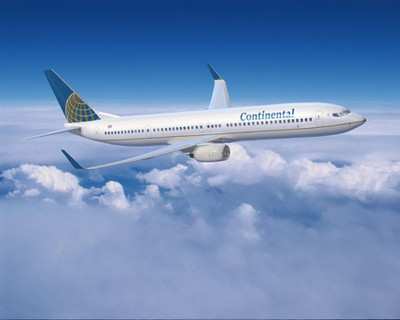Mon, May 26, 2008
Advertisement
More News
 Classic Aero-TV: Pure Aerial Precision - The Snowbirds at AirVenture 2016
Classic Aero-TV: Pure Aerial Precision - The Snowbirds at AirVenture 2016
From 2016 (YouTube Edition): The Canadian Forces Snowbirds Can Best Be Described As ‘Elegant’… EAA AirVenture 2016 was a great show and, in no small part, it was>[...]
 NTSB Final Report: Costruzioni Aeronautiche Tecna P2012 Traveller
NTSB Final Report: Costruzioni Aeronautiche Tecna P2012 Traveller
Airplane Lunged Forward When It Was Stuck From Behind By A Tug That Was Towing An Unoccupied Airliner Analysis: At the conclusion of the air taxi flight, the flight crew were taxii>[...]
 ANN's Daily Aero-Linx (11.23.25)
ANN's Daily Aero-Linx (11.23.25)
Aero Linx: International Stinson Club So you want to buy a Stinson. Well the Stinson is a GREAT value aircraft. The goal of the International Stinson Club is to preserve informatio>[...]
 ANN's Daily Aero-Term (11.23.25): Request Full Route Clearance
ANN's Daily Aero-Term (11.23.25): Request Full Route Clearance
Request Full Route Clearance Used by pilots to request that the entire route of flight be read verbatim in an ATC clearance. Such request should be made to preclude receiving an AT>[...]
 Aero-News: Quote of the Day (11.23.25)
Aero-News: Quote of the Day (11.23.25)
"Today's battlefield is adapting rapidly. By teaching our soldiers to understand how drones work and are built, we are giving them the skills to think creatively and apply emerging>[...]
blog comments powered by Disqus





